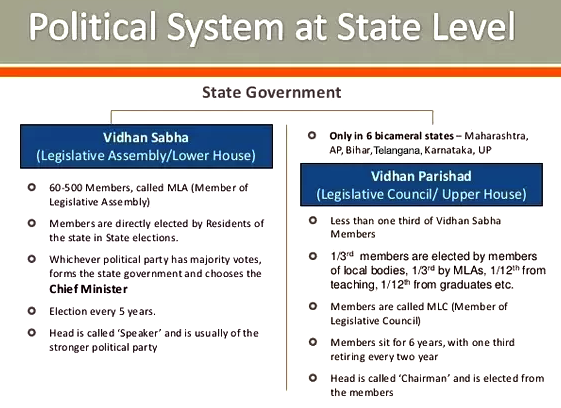Important Facts For Prelims
100 Years of Madras Legislative Council
- 11 Aug 2021
- 4 min read
Why in News
Recently, the President addressed the commemoration of the 100th year of the Tamil Nadu Assembly, formerly known as the Madras Legislative Council (MLC) in Chennai.
Key Points
- History:
- The Madras Legislative Council was set up in 1921 under the Government of India Act 1919.
- The term of the Council was for a period of three years. It consisted of 132 Members of which 34 were nominated by the Governor and the rest were elected.
- It met for the first time on the 9th January 1921 at Fort St. George, Madras.
- The Council was inaugurated by the Duke of Cannaught, a paternal uncle of the King of England, on the 12th January 1921 on the request made by the Governor Wellington.
- The Second and Third Councils, under this Act were constituted after the general elections held in 1923 and 1926 respectively.
- The fourth Legislative Council met for the first time in November 1930 after the general elections held during the year and its life was extended from time to time and it lasted till the provincial autonomy under the Government of India Act, 1935 came into operation.
- The Madras Legislative Council was set up in 1921 under the Government of India Act 1919.
- Significance:
- This legislature became the fountainhead of many progressive legislations which were subsequently replicated across the country to empower the weaker sections of society and strengthen Democracy.
- Abolition of the Devadasi system, widow remarriage, mid-day meals in schools and distribution of agricultural land to the landless were some of the revolutionary ideas that transformed the society.
- The concept of the Welfare State has taken deep roots in this legislature.
State Legislature
- About:
- The primary function of the State Legislature, like the Union Parliament, is law-making. The State Legislature is empowered to make laws on State List and Concurrent List.
- Types of Legislature:
- Just as Parliament has two Houses, the states can also have a Legislative Council in addition to the Legislative Assembly.
- Therefore there can be two types of legislatures i:e Unicameral or Bicameral on the basis of the number of houses to implement laws for the state.
- Unicameral: Legislative Assembly
- Bicameral: Legislative Assembly and Legislative Council.
- Presently, there are Six States having a Legislative Council: Andhra Pradesh, Telangana, Uttar Pradesh, Bihar, Maharashtra, Karnataka.
- Constitutional Provisions:
- Articles 168 to 212 in Part VI of the Constitution deal with the organisation, composition, duration, officers, procedures, privileges, powers and so on of the state legislature.
- Article 168 states that for every State there shall be a Legislature which shall consist of the Governor.
- Article 169 states that notwithstanding anything in article 168, Parliament may by law provide for the abolition of the Legislative Council of a State having such a Council or for the creation of such a Council in a State having no such Council, if the Legislative Assembly of the State passes a resolution to that effect.
- Articles 168 to 212 in Part VI of the Constitution deal with the organisation, composition, duration, officers, procedures, privileges, powers and so on of the state legislature.





